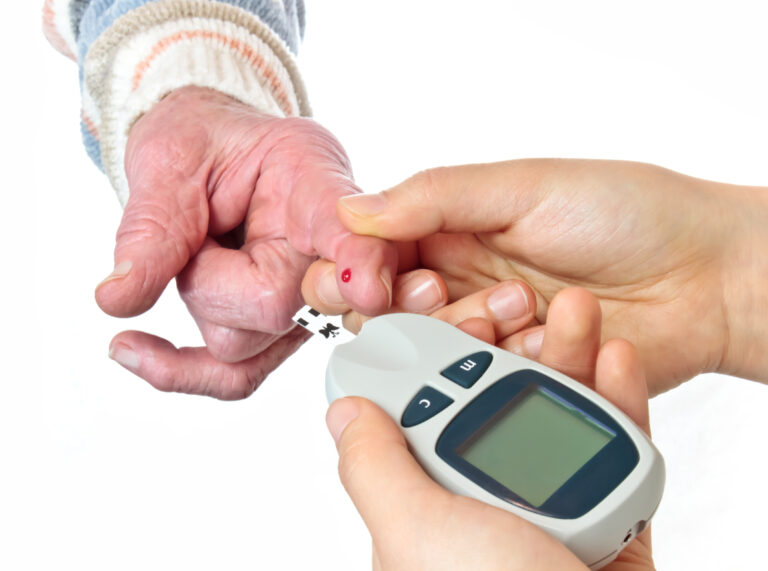Understanding the Diagnosis:
The first step in supporting a loved one with a mental health diagnosis is to understand their condition. Learning about the symptoms, treatments and challenges associated with their specific diagnosis can help you better empathize with what they are going through. Encourage your loved one to share information about their diagnosis with you and offer to research more on your own if necessary. Remember that every individual’s experience with mental illness is unique, so avoid making assumptions or comparisons.
Tips for Communication and Support:
Communicating effectively is crucial when supporting someone with a mental health diagnosis. Listen actively without interrupting or judging them. Use non-judgmental language and avoid giving unsolicited advice. Instead, offer emotional support by acknowledging their feelings and showing empathy. It’s also important to be patient and understanding, as progress may be slow at times. Additionally, consider offering practical assistance such as helping with daily tasks or accompanying them to appointments.
Encouraging Self-Care and Treatment Compliance:
Self-care is essential for individuals with mental health diagnoses. Encourage your loved one to engage in activities that promote relaxation, stress reduction and overall wellbeing. This could include exercise, meditation, therapy or other forms of self-care. It’s also important to encourage treatment compliance, including medication adherence and attending therapy sessions. Offer reminders and encouragement while respecting their autonomy and decision-making abilities.
Recognizing Triggers and How to Respond:
Identifying triggers that exacerbate mental health symptoms is an important aspect of supporting a loved one. These triggers vary from person to person but may include certain situations, people or environments. Learn to recognize these triggers and develop strategies to manage them together. For example, if crowded spaces trigger anxiety, plan alternative routes or coping mechanisms beforehand. When triggered, respond with empathy and support rather than judgment or criticism.
Practicing Empathy and Validating Emotions:
Empathy and validation are powerful tools when supporting a loved one with a mental health diagnosis. Practice active listening and acknowledge their experiences and emotions without minimizing or dismissing them. Avoid using phrases like “you should feel lucky” or “it could be worse.” Instead, use statements that validate their feelings such as “I hear how difficult this must be for you.” Remember that empathy requires effort and practice, but it can make a significant impact on your loved one’s wellbeing.


